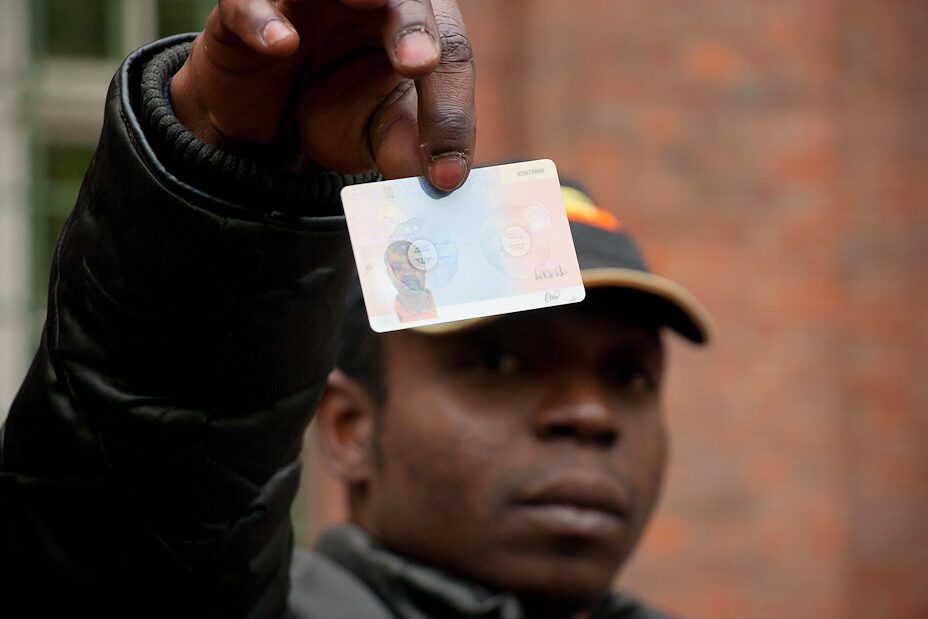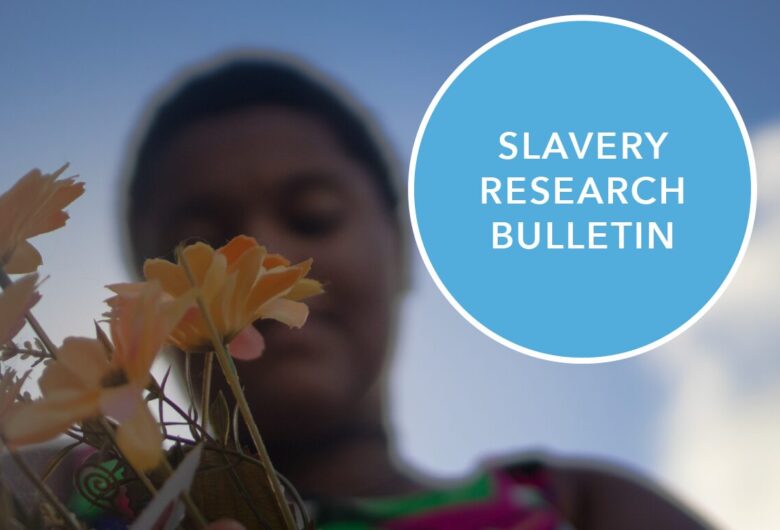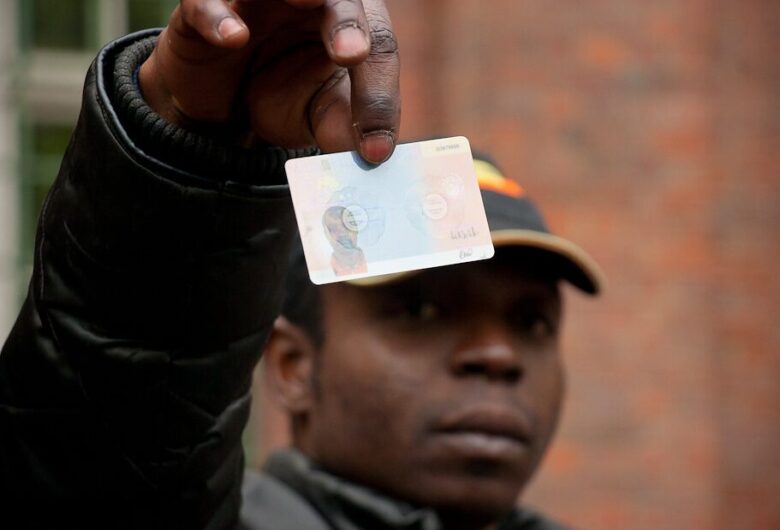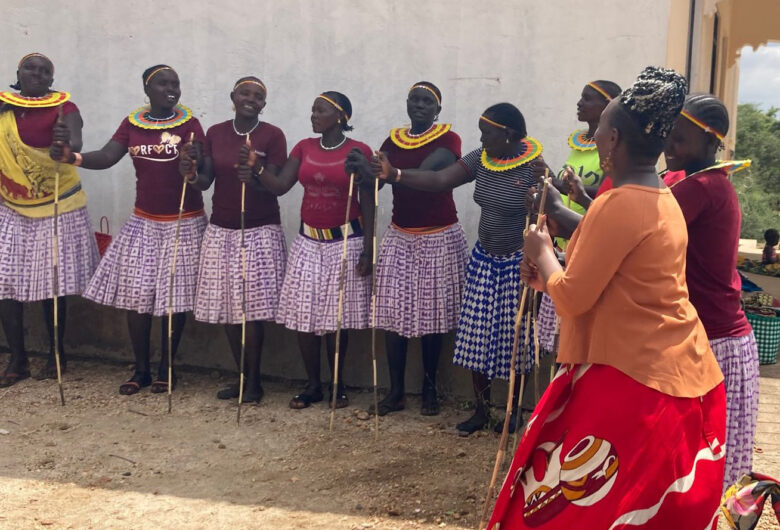To understand and tackle the systemic barriers that underpin modern slavery, the United Nations University Centre for Policy Research (UNU-CPR) and The Freedom Fund, have initiated a groundbreaking research project to examine the pivotal role that access to official documentation plays in perpetuating modern slavery. By exploring the nexus between the lack of official documents and vulnerability to exploitation, the project is set to illuminate the challenges and dangers faced by those on the margins of society.
Our newly released report—synthesising findings from our global evidence review—marks the beginning of a deeper investigation that will include gathering primary data from community members, civil society organisations, and policymakers in countries heavily affected by modern slavery. The objective of this project is to identify interventions that address the root causes of modern slavery and documentation gaps, drawing directly from the lived experience of survivors.
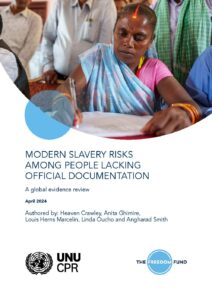
The scale of this challenge is staggering, with an estimated 850 million people worldwide lacking official documentation, a plight that disproportionately affects women, the youth, rural dwellers, and migrants among others. The lack of documentation not only renders individuals invisible to policy makers and service providers, but also traps them in cycles of exploitation and re-exploitation, highlighting a grave oversight in global efforts to combat modern slavery.
This review delineates six main pathways leading to a lack of documentation, including legislative gaps, practical and social obstacles, and instances where documents are lost or confiscated. These factors significantly increase the risk of exploitation.
Despite the recognised risks, policy responses remain inconsistent, underscoring significant gaps in our understanding and approach to combating modern slavery in the context of access to official documentation. This review calls for strategies that not only prevent but also protect, emphasising the role of documentation as a cornerstone of rehabilitation and a deterrent against the recurrence of exploitation.
The research underscores the critical need for increased birth and citizenship registration, alongside legislative reforms, awareness campaigns, and digital solutions to bridge the documentation gap. Moreover, it highlights the necessity for targeted support services for survivors, addressing policy-induced challenges and discriminatory practices that exacerbate vulnerabilities.
As we navigate the intersection of policy-making and practical action, this report acts as a pivotal call to leverage documentation as a powerful tool for safeguarding and advancing human rights. Closing the evidence gaps and refining our strategic approach will bring us closer to achieving the aims of Sustainable Development Goal 16.9 – guaranteeing legal identity for all by 2030, including free birth registrations. By addressing these challenges head-on, we commit to not only protecting individual rights but also building a fairer and more just global community, dismantling the structural foundations that allow modern slavery to thrive.
Image: Activist in a demonstration in Berlin, protesting against the refugees camp eviction. © Montecruz Foto
